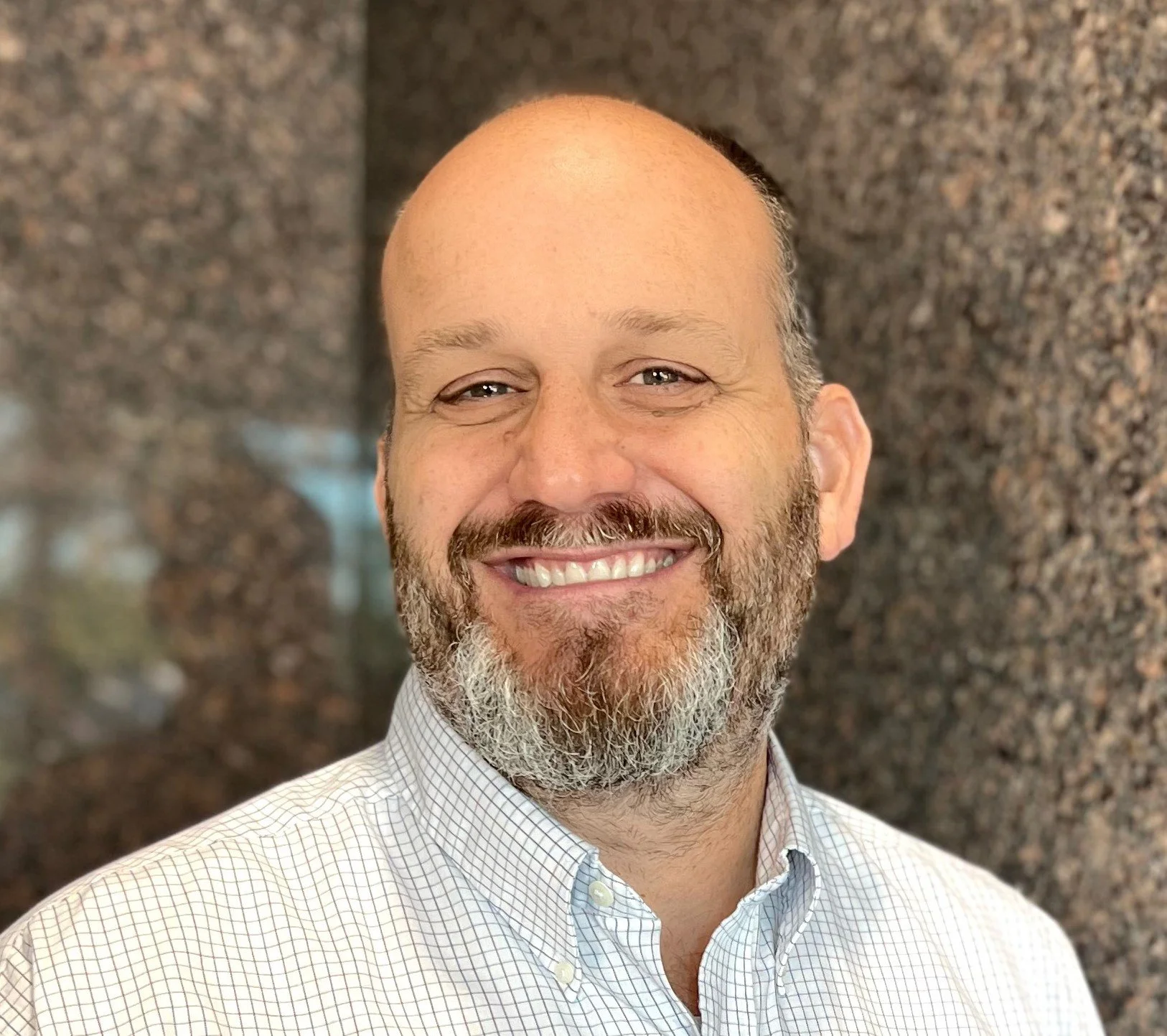About Us
CTE Futures is dedicated to strengthening Career and Technical Education (CTE) programs so that learners are prepared to thrive amid accelerating social and economic disruption driven by technological innovation. As the home of the Tennessee READI AI Faculty Fellowship, the website serves as both a knowledge hub and a collaborative space where states, systems, and colleges can access research, tools, and examples of practice that support AI readiness. Through this platform, we highlight promising strategies, share evidence-based resources, and feature the work of educators and workforce partners who are reimagining CTE for an AI-driven economy. By curating timely insights and supporting a fellowship-based community of practice, FutureCTE empowers institutions to adapt instruction, align programs with emerging workforce needs, and create equitable opportunities for learners. Ultimately, the site’s purpose is to connect innovation to action—ensuring CTE remains a leading force in preparing students for the future of work.
“If you don’t like change, you’re going to like irrelevance even less.”
-

Cameron Sublett, PhD
Cameron Sublett serves as the Senior Director of Innovation and Incubation at FoundationCCC, where he leads efforts to design, test, and scale initiatives that expand educational access, improve outcomes, and increase economic opportunity across California’s community colleges. His work reflects a deep personal and professional commitment to building systems that transform lives and help more students achieve their goals.Prior to joining FoundationCCC, Cameron served as Associate Professor and Executive Director of the Education Research & Opportunity Center at the University of Tennessee, Knoxville. He is a nationally recognized expert on policies and practices supporting student transitions into and through community colleges. His research is funded by the National Science Foundation, the Institute of Education Sciences, and published extensively in top tier academic journals focused on economics of higher education. From 2008-2017 he served as a faculty member at Santa Barbara City College, a 2013 Aspen Prize for Community College Excellence Co-Winner.
Sublett holds a PhD in Education Policy, Leadership, and Research Methods from the University of California, Santa Barbara, where he also earned an MA in Quantitative Research Methods and Statistics.
-

Lauren Mason, PhD
Lauren Mason is Co–Principal Investigator of the Perkins READI AI Fellowship, where she co-leads a Community of Practice to prepare Career and Technical Education (CTE) programs for an AI-driven workforce. A co-author of more than 20 published studies, Lauren brings deep expertise in mixed-methods research, assessment design, and evidence translation. As co-PI, she supports project operations and college teams by guiding assessment design, facilitating fellowship meetings, contributing to timelines, templates, and professional development resources, and co-authoring reports and briefs that translate insights into practice. Her integrative, multidisciplinary research over the past decade has focused on strategies that enhance student success, and she continues to bridge research and practice to ensure CTE programs are responsive, equitable, and future-ready.Lauren holds a PhD and MS in Psychology, with a concentration in Cognition, from Tufts University. She also completed a BA in Psychology and Holistic Health from San Francisco State University.
-
Michael Tinsley
Career and technical education (CTE) and Artificial Intelligence (AI) has been an important part of Michael’s lifelong profession.As a secondary educator for nearly two decades, Michael was a career and technical education instructor in the realm of computer programming, computer networking, computer repair, etc., while also an assistant principal, principal, and district leader responsible for closing achievement gaps; all while ensuring students had opportunities to realize their career dreams through a successful, educational path.
Through his role in Academic Affairs and then in the Office of Student Success as Assistant Vice Chancellor at the Tennessee Board of Regents, Michael’s role has been comprised of working with over fifty institutions of higher learning that benefited more than 200,000 students annually. The overarching goal has always been student success (i.e., to increase persistence & degree attainment) among all students no matter race, color, national origin, gender, ability status, or other differing qualities and characteristics. One of the questions leading the charge of student success has been how to do that with the integration of technology & the current and future use of AI.
Michael has been recognized with national awards and currently serves as an active member in multiple non-profit organizations while actively participating on various non-profit boards/executive committees: as either the President, or Program Chair, along with Executive Committee participation and chair of Public Policy.
National organizations have drawn Michael’s attention with their history rooted in student academic and career success in career and technical education, as well as understanding the impact of federal legislation. In Michael’s words, “The core of what I do daily, is to fight for those whose voices can’t be heard above the noise.” Organizations that provide avenues for student success through resources for educators and students are important. That can be done in multiple ways, whether providing technical assistance and professional development to instructors or current emerging equipment for students. Thus, the importance of participating with multiple organizations.

